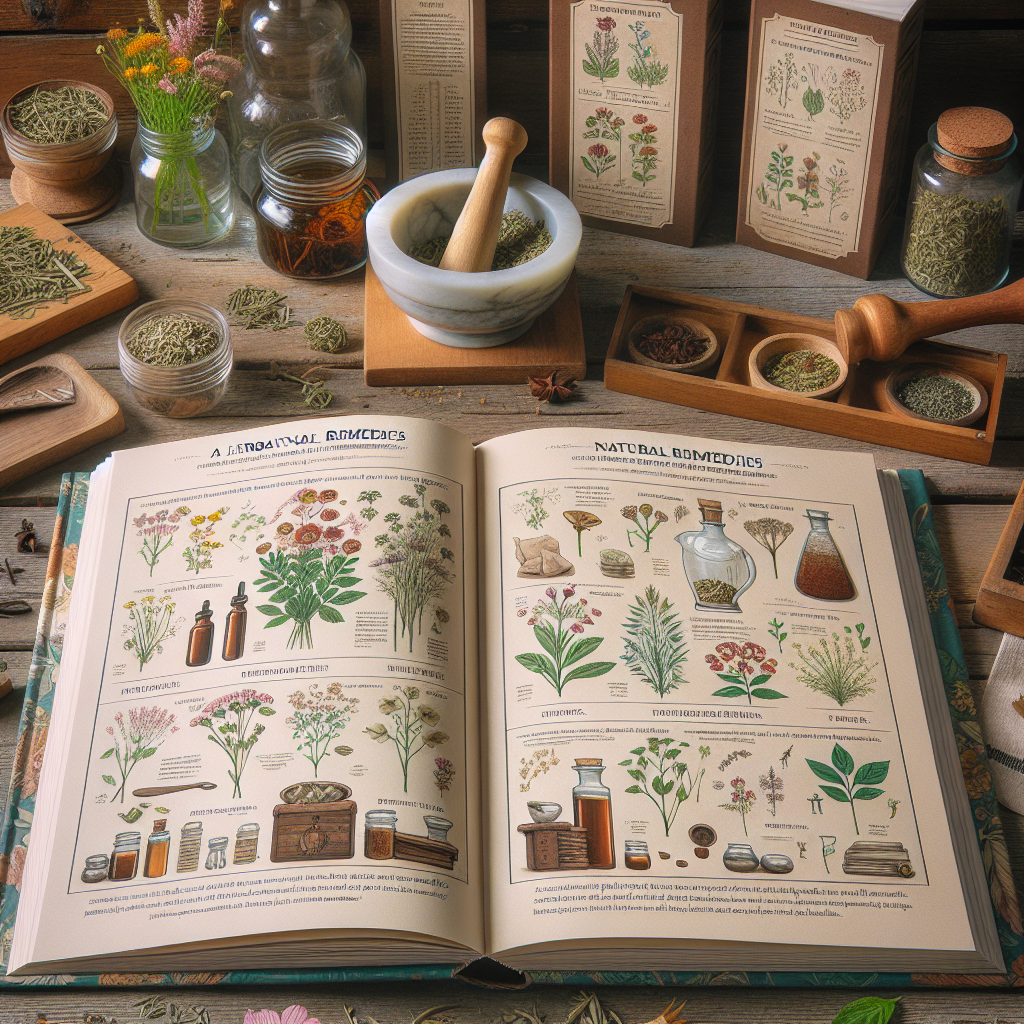
The Basics of Herbalism
What is Herbalism?
Herbalism, in my own experience, is a fascinating blend of art and science that involves using plants for medicinal purposes. It’s not just about grabbing a few leaves and calling it a remedy; it’s about understanding the properties and benefits of each herb. I’ve grown to appreciate how nature provides us an array of solutions for various ailments, often right in our backyards.
As I dove deeper, I found that herbalism dates back thousands of years, intertwining with every culture’s history. It’s like a living library of natural solutions that our ancestors relied on. This makes me feel connected to those that came before us, leveraging nature in a way that’s sustainable and holistic.
For those just starting out, remember that herbalism isn’t about quick fixes. It’s a lifestyle choice, and a commitment to learning how to work with nature’s pharmacy instead of against it. So, if you’re interested in engaging with herbalism, buckle up for a rewarding journey!
Understanding Different Herbs
Common Herbs and Their Uses
Throughout my herbalism journey, I’ve encountered a multitude of herbs, each with its own unique properties. For instance, chamomile isn’t just a pretty flower; it’s renowned for its calming effects, making it a staple in my evening teas. I can’t tell you how many times it has rescued me from stress after a long day.
Then there’s ginger, a cooking staple that packs a punch in the wellness department too! Whether I’m battling a cold or just want to spice up my meals, ginger is always on my list. It’s also a fantastic digestive aid, something I really appreciate after indulging a bit too much during holiday feasts.
Don’t overlook peppermint, either! This herb is like an old friend. I always have some dried leaves on hand, as peppermint tea helps soothe headaches and nausea. Keeping a little diversity in my herbal toolkit has proven essential and lets me tailor remedies to whatever I’m feeling.
The Art of Creating Remedies
Infusions and Decocts
Creating herbal remedies is where the magic truly begins! One of my favorite methods is infusing herbs in hot water. It’s straightforward: just crush your chosen herbs, pour hot water over them, and let them steep. I always find it comforting to brew a cup while breathing in those lovely aromas.
On the other hand, decoction is what I turn to when dealing with tougher herbs, like roots or bark. With this method, I simmer the herbs in water to extract their potent properties. I’ve enjoyed the process of experimenting with different simmer times to discover a depth of flavor and benefits that suit my taste.
Both methods are easy to master, and I find that striking a balance between experimentation and enhancement keeps the passion alive. Plus, there’s something so rewarding about sipping a remedy you’ve made yourself!
Safety and Responsibility
Researching Herbs
With great power comes great responsibility, right? This saying rings especially true in herbalism. Before using any herb, I’ve learned the importance of researching its properties and potential side effects. A bit of homework can save you from unexpected reactions and ensure that you’re using herbs safely.
"Unlock the Secrets to Cultivating a Positive Body Image and Boost Your Self-Esteem and Confidence!"
I always use reputable sources—books, herbalist websites, and peer-reviewed journals. Honestly, I can’t stress how vital this step is. There are some pretty potent plants out there, and understanding them helps me navigate my journey more safely.
Also, testing new herbs is something I approach with caution. I usually start by taking a tiny dose and paying close attention to how my body reacts. This cautious approach keeps my experiments safe and enjoyable, making it easier to incorporate healing herbs into my routine without worry.
Continual Learning and Community
Finding Your Herbal Community
One of the best parts of my herbalism adventure has been connecting with others! Finding a community, whether online or locally, has enriched my experience immensely. I’ve joined Facebook groups and attended workshops, which has opened up this world of shared knowledge and support.
Exchanging tips and experiences with fellow herb enthusiasts has proven invaluable! I often learn about new herbs and remedies I didn’t know existed. Plus, attending classes or herbalist talks keeps me informed and motivated to learn more.
So, if you’re starting your journey, I highly recommend seeking out a community. Whether it’s a friend who shares your passion or a local herbal shop with classes, connecting with others can provide encouragement and inspiration as you expand your herbal knowledge.
FAQ
What is herbalism?
Herbalism is the practice of using plants for medicinal purposes. It encompasses understanding the properties of different herbs and how they can help with various health issues.
Can anyone learn herbalism?
Absolutely! Anyone with an interest in natural remedies can learn herbalism. It’s accessible to beginners and there’s a wealth of resources available to guide you.
Are herbal remedies safe?
When researched and applied responsibly, herbal remedies can be safe and effective. It’s crucial to understand the herbs you’re using and consult with a professional if uncertain.
How do I start making my own remedies?
Start by selecting a few common herbs you’re interested in. Research their uses, then try making simple teas or infusions. Gradually expand your knowledge and experimentation from there.
Is there a community for herbalists?
Yes, there are many communities for herbal enthusiasts. Look for groups online, local workshops, or herbal fairs where you can meet like-minded individuals and share knowledge.
